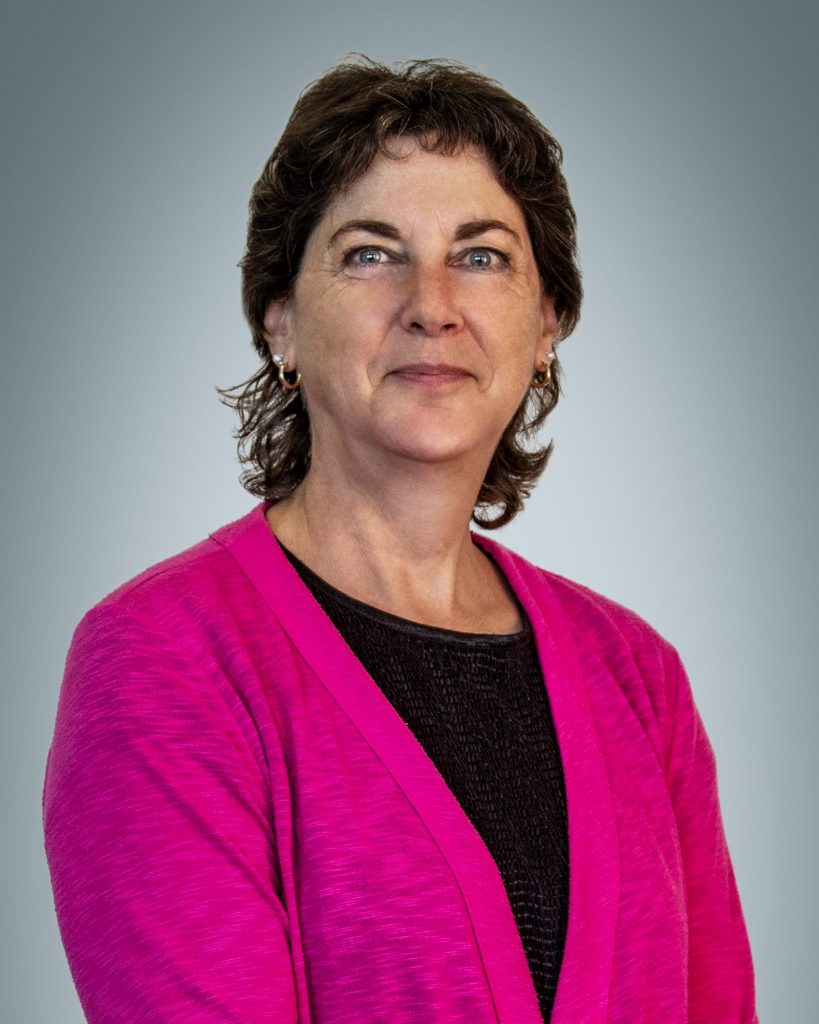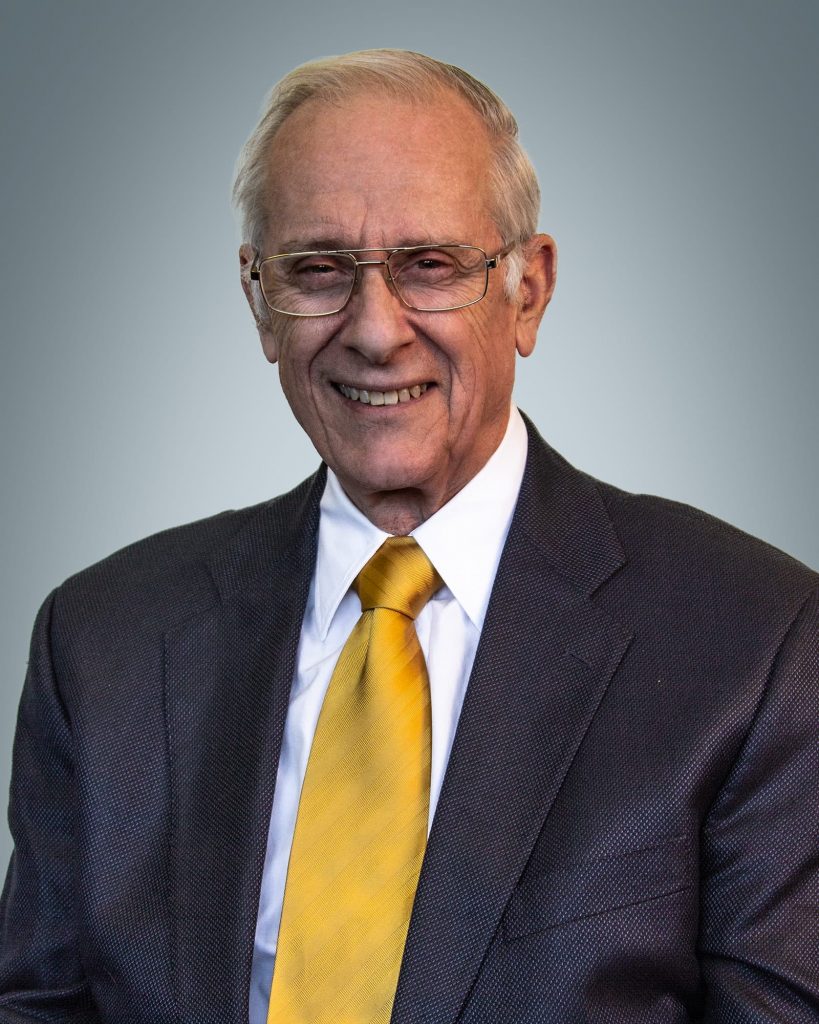We were retained by a client, Mr. A, who had recently moved to Canada from Lebanon. He was the subject of a net worth audit that, according to the tax authorities, showed some serious discrepancies from his reported income.
Large, unexplained deposits had shown up in his bank accounts, and expensive cars and real estate were registered in his name. There was, however, no clear source of income, capital on hand, or gifts that could explain how he could afford his upscale lifestyle.
The matter had already been escalated to Special Investigations and everything pointed to a very ugly trial. The investigators suspected his income came from the drug trade.
Our challenge, as his tax counsel, was to gather evidence that our own forensic auditor could use to construct a net worth favourable to our client.
The client, Mr. A, explained that some of his wealth came from an inheritance from a relative who had lived near Beirut. The rest came, for the most part, from the sale of land in Lebanon and cash gifts.
He had no documents or proof to support any of this.
The client said “If we travel to Lebanon I can get these records. But Canadian legal counsel must come with me to advise my contacts in Beirut. They will not know what documents and testimony will be acceptable as evidence in a Canadian court.”
And so we travelled together to Lebanon.
Upon arrival there, we met with a local notary. It turned out that at that time Lebanon did not have a formal land registry system, and no papers were available to prove that our client had received the bequest from his relative. His notary suggested that we go to the deceased’s village and speak to the Muktar who is the equivalent of the mayor or headman. He would be able to attest to the facts.
The village and the Muktar was a half-day’s drive away. Late in the day, we reached the Muktar’s home.
When we arrived, our client and the Muktar spoke at length. It was explained that help and the documents needed would be forthcoming.
While waiting for the documents to be provided, we returned to Beruit. When we arrived there, the client suggested we find out if any tax or police officials from Canada were in town.
In order to get this information, we set out together to meet with the Chief of Detectives.
When we got to their headquarters, a group of men, mostly wearing dark glasses, were lolling around the perimeter of a large, smoky room. In a commanding position sat a large, bald man smoking a cigarette. He was the spitting image of the American actor, Telly Savalas, in his then TV detective role of Kojak.
After our client paid the requisite bribe, we approached the Chief of Detectives and told him our mission. He advised there were two Canadian tax agents in town with the RCMP. He gave us their names and said that they were investigating our client. They were staying at the St. George hotel near where we were lodged and would be in Beruit for another week.
Our client gave his permission to speak to the CRA agents, and the next morning at breakfast time met them in the dining room of their hotel. They were surprised to know we knew they were there.
We talked about the tax audit of our client and, without either side revealing its hand, agreed that perhaps a settlement deal could be worked out – but not in Beirut. We would have to sit down together again in Canada.
This discussion was reported to our client. He seemed pleased. At this point it appeared that the Beirut adventure had been worth the effort after all.
However, after returning to Canada, the client changed his mind. On the evidence we had, it was our opinion that he would not have a winning case in front of the Tax Court. The amount of unexplained money in his bank account did not look good. The judge, like the CRA investigators and the RCMP, was likely to suspect the money came from drug trafficking. In our view, a good deal with the CRA would be his best option.
In spite of this, the client wanted a second opinion. He subsequently consulted another lawyer, who said he would take the case to court and win.
We advised the client that Kenny Rogers said it best in his song The Gambler, “… know when to walk away.”
Our years of tax experience, both working for the CRA and later against them, clearly said it was time to walk away from the courtroom and sit at the negotiation table. In Beirut the tax enforcement agents had been anxious to talk settlement. Now was the time to cut a good deal!
The client didn’t believe us. He hired the new lawyer, paid him big bucks upfront and then lost everything in tax court.
Bottom Line: a good settlement is better than a bad judgment!
The foregoing provides only an overview and does not constitute legal advice. You are cautioned against making any decisions based on this material alone. Rather, specific legal advice should be obtained in the context of your own particular circumstances.



